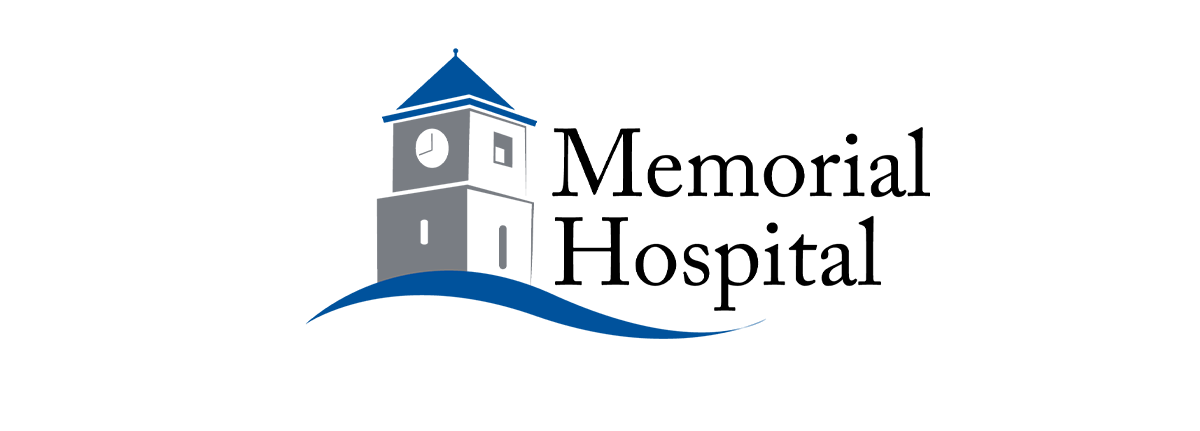Our Trained Staff Look Out For Your Heart & Lungs
The Cardiopulmonary team at Memorial Hospital is committed to providing both diagnostic and ongoing care for patients at risk for or diagnosed with mild, chronic or acute respiratory and cardiac diseases. Diagnostic testing and services are available on both an inpatient and outpatient basis.
When is the Cardiopulmonary Services department open?
- Open 7 days a week, 6:30 a.m.-5 p.m. Call 217-357-8650
217-357-8650
1454 North County Road 2050
Carthage, IL
Pulmonary Services
Our team is certified or registered in Respiratory Care by the National Board of Respiratory Care (NBRC) and have a current Illinois Respiratory Care Practitioners license.
Our team works closely with your Pulmonologist and Primary Care Provider to provide diagnostic testing as well as ongoing services needed for you.
Among the services provided are:
- BIPAP, CPAP
- Arterial Blood Gas puncture and analysis
- Nebulized medication therapy
- Chest physiotherapy
- Oximetry (continuous or spot check)
- MDI instruction and support
- Pulmonary Function testing (pre-post bronchodilator, FVC, DLCO, FRC, TLC, etc.)
- Incentive Spirometry
- Aerosol and humidity therapy
- Holter Monitor application and analysis (24° & 48° monitoring)
- Pacemaker clinic
- Event Monitor application
- Sleep Lab
- Community education programs
- Oxygen therapy
- Bronchial hygiene
- Cardiac rehabilitation
- Critical care transport
- EEG testing
- Cardiopulmonary resuscitation
- Pulmonary Rehabilitation
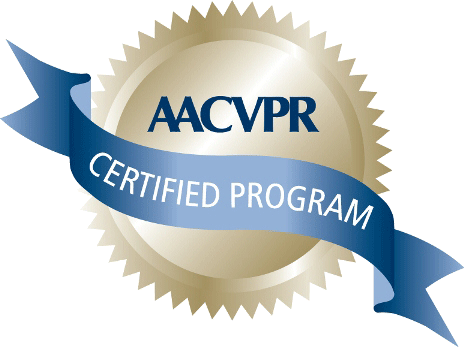
What pulmonary function tests?
Pulmonary function tests are a series of tests administered by a trained pulmonary function professional.
What are pulmonary function tests?
Pulmonary function tests are a series of breathing tests administered by a trained pulmonary function technologist.
How should I prepare for pulmonary function tests?
- Do not eat a heavy meal before the test.
- Do not smoke for 4-6 hours before the test.
- Do not drink cola or eat chocolate or other caffeine-containing foods or drinks for about 12 hours before your test.
- Some medications may interfere with the accuracy of your results. You may be asked to hold your inhaled respiratory medication and oral medications up to 12 hours before the test.
- Follow the technologist’s directions carefully.
How do I prepare for the Nuclear Stress Test?
- Do not eat or drink anything past midnight except plain water.
- Wear comfortable clothing and footwear appropriate for brisk exercise on a treadmill.
- Your provider may give you special instructions regarding your regular medications, as they may decrease the accuracy of the test.
- Do not have any caffeine, decaffeinated products or alcohol for 12 hours before the test. This includes chocolate, tea and soft drinks unless labeled caffeine-free.
What is the purpose of home oxygen therapy?
Oxygen therapy supplies extra oxygen to your body, easing the workload of the heart. This can help people with conditions such as chronic bronchitis, emphysema, asthma, lung cancer, congestive heart failure, pulmonary fibrosis and occupational lung disease.
What are the advantages of home oxygen therapy?
Oxygen therapy may improve sleep, mood, alertness and memory. It may increase your energy, helping you resume more of your usual activities. It can even help reduce the need for hospital stays.
Is home oxygen therapy safe? Click here information about oxygen therapy
For more information, call the Memorial Hospital Cardiopulmonary Services Department at 217-357-8650.
